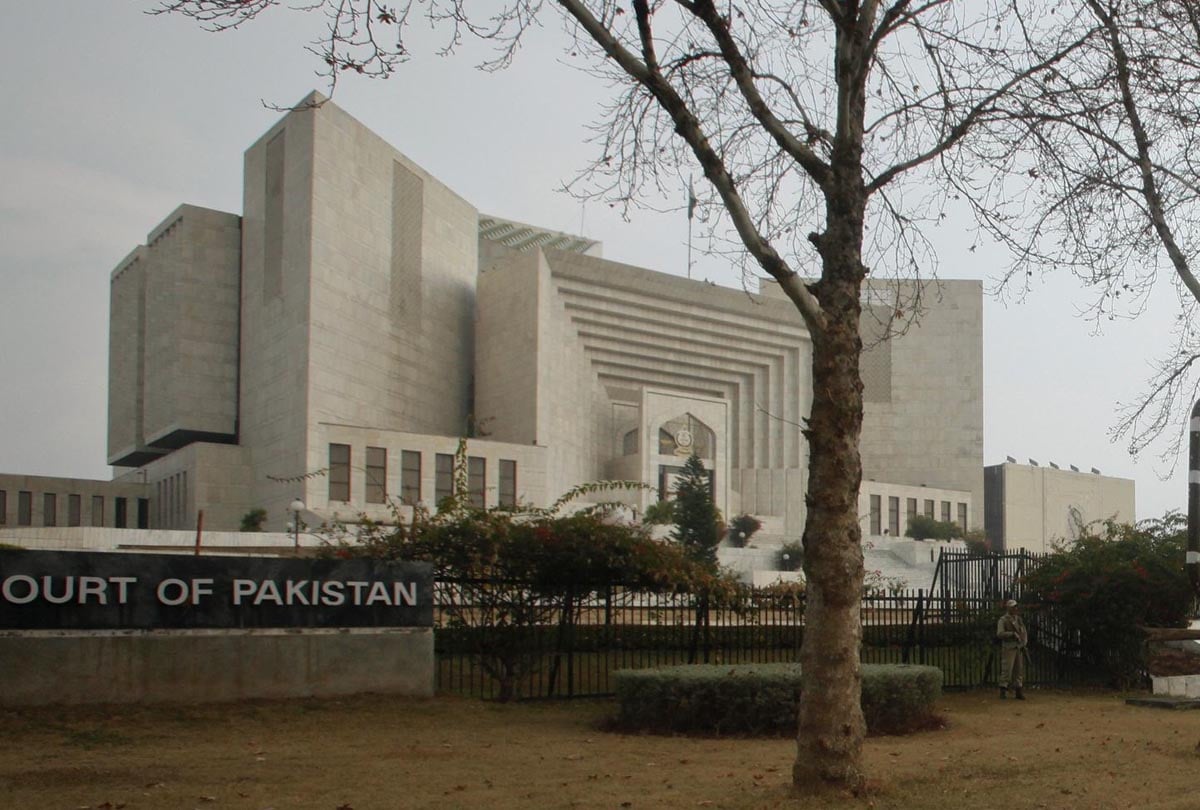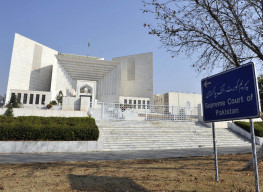
ISLAMABAD:
The apex court has declared that the high courts, while exercising their constitutional jurisdiction, cannot set aside interlocutory (interim) orders passed by an election tribunal (ET) while hearing election petitions.
“The interlocutory orders passed by the Election Tribunal impugned before the High Court were not liable to be set aside in its constitutional jurisdiction as the petitioners before the Court had a remedy available to them by way of appeal under Section 67 of the Act after disposal of the election petitions,” said 28-page judgment, delivered by Supreme Court’s three-judge bench, headed by Chief Justice Nasirul Mulk.
The bench on October 28 reserved the judgment over five questions after hearing the arguments of the attorneys for different parties.
The judgment said courts have always been mindful of the need for election process to be completed expeditiously and without hindrance, including the trial of election petitions arising out of the election.
“In the case of Javaid Hashmi (supra) while giving a wide meaning to the term ‘election’, the Court also noted that the intervention by the Court’s interlocutory order during the process of election would unduly delay the completion of the election,” it said.
The court observed that three high courts – Lahore, Sindh and Balochistain – had already declared that interlocutory orders passed by the election tribunal are not liable to be challenged before the high court in its constitutional jurisdiction.
“There is no dispute that the case law developed so far is on the High Courts’ jurisdiction to interfere at intermediary stage during election process before its conclusion. The question of high courts’ power to intervene in interlocutory orders passed by Election Tribunals during pendency of election petitions has squarely come before this Court for the first time”
The court says the underlying principle laid down in the judgments cited at the bar and discussed in the three judgments of the high courts are relevant and provide a base on which to proceed with the resolution of the controversy in the appeals.
Published in The Express Tribune, December 19th, 2014.



































































COMMENTS
Comments are moderated and generally will be posted if they are on-topic and not abusive.
For more information, please see our Comments FAQ